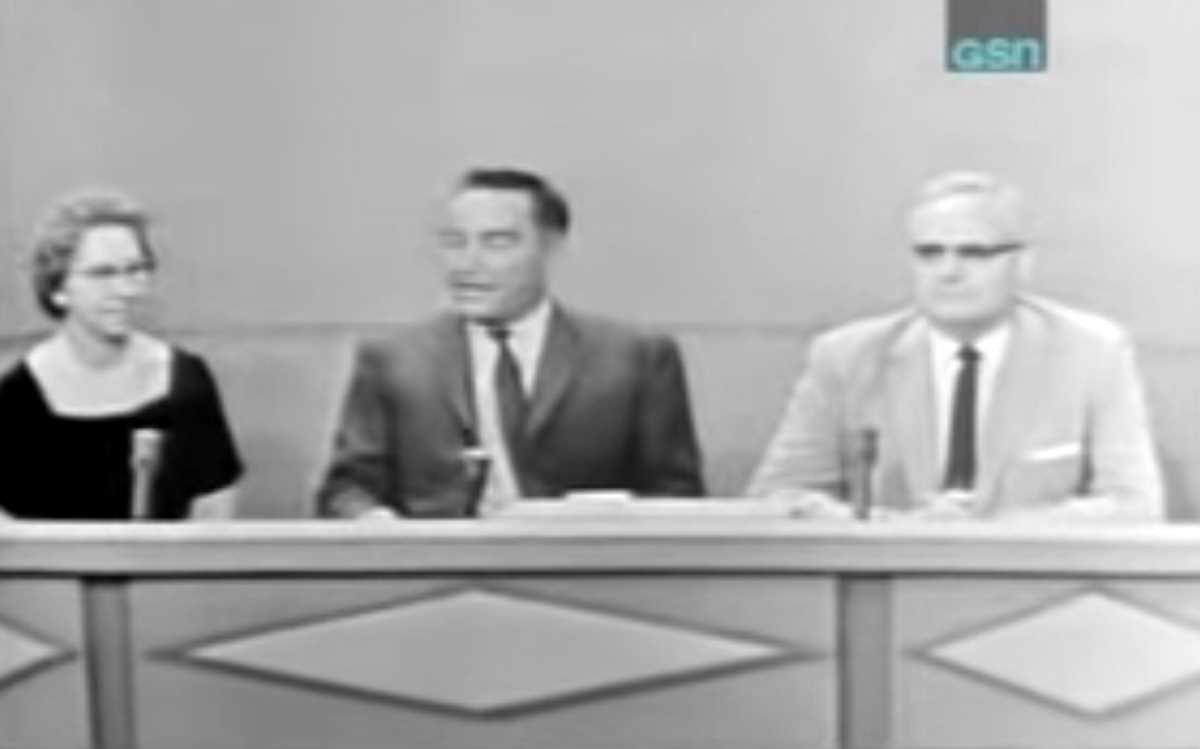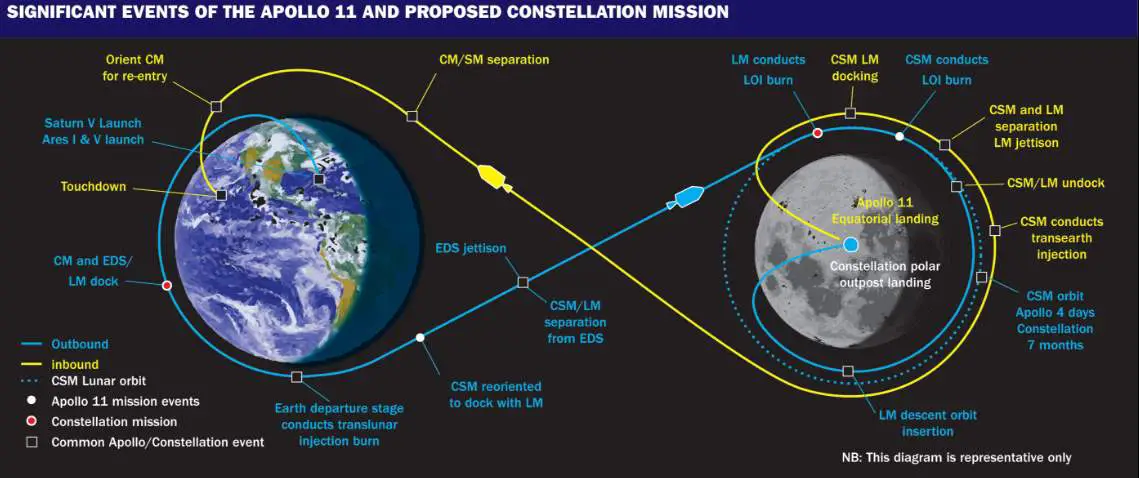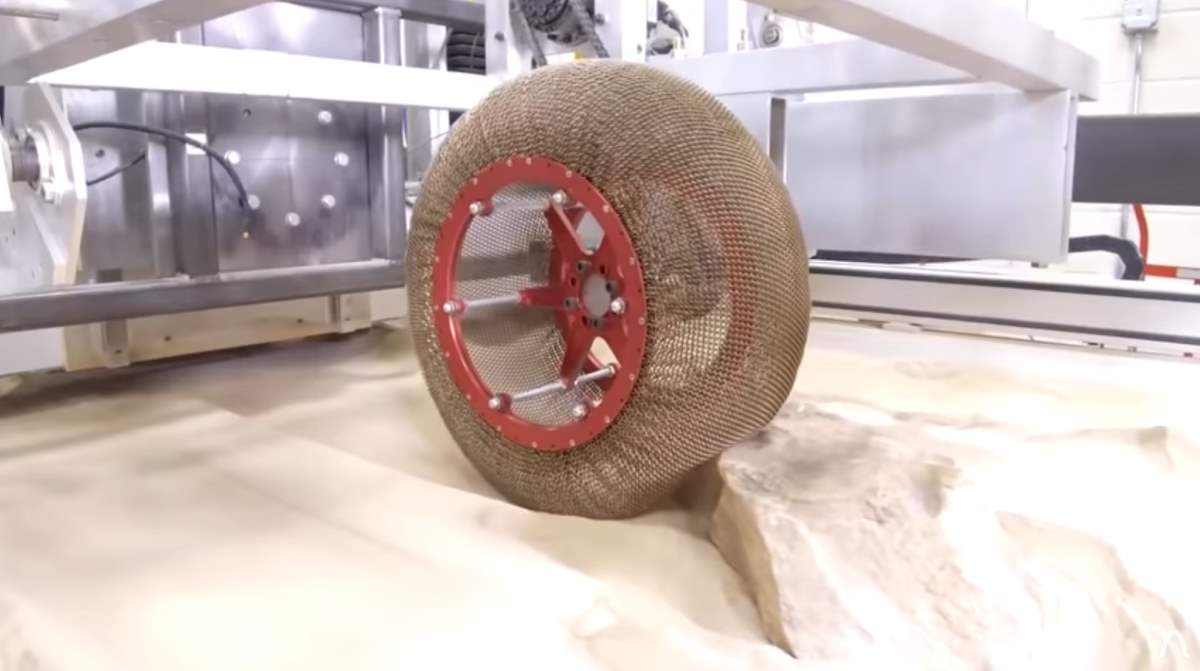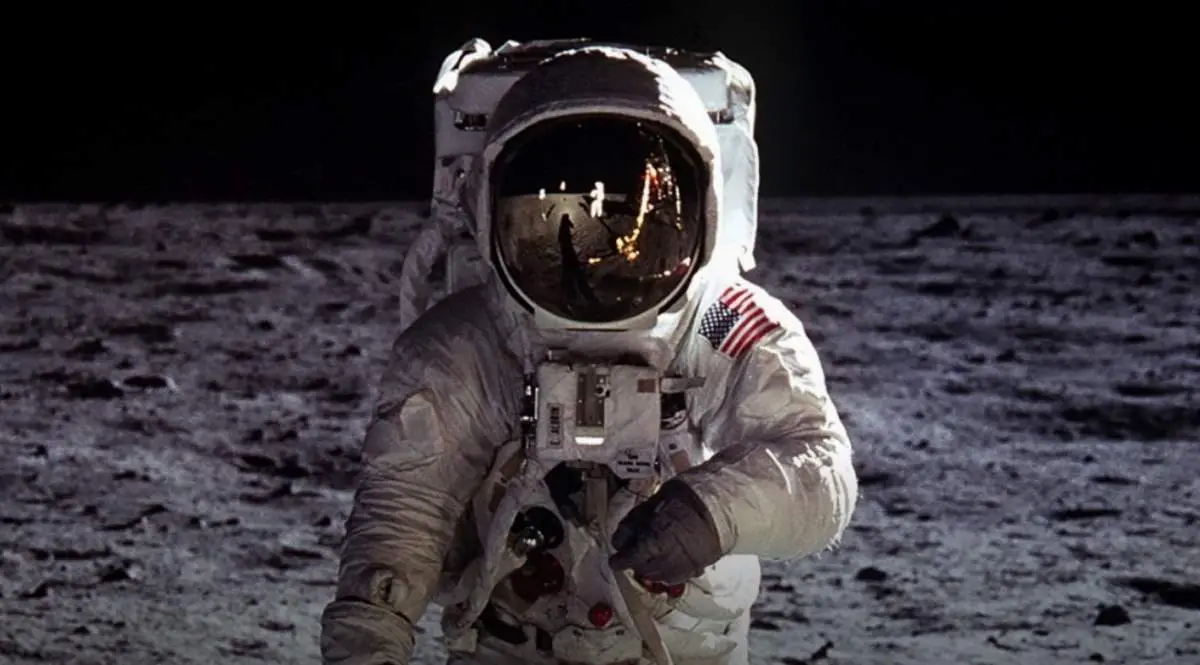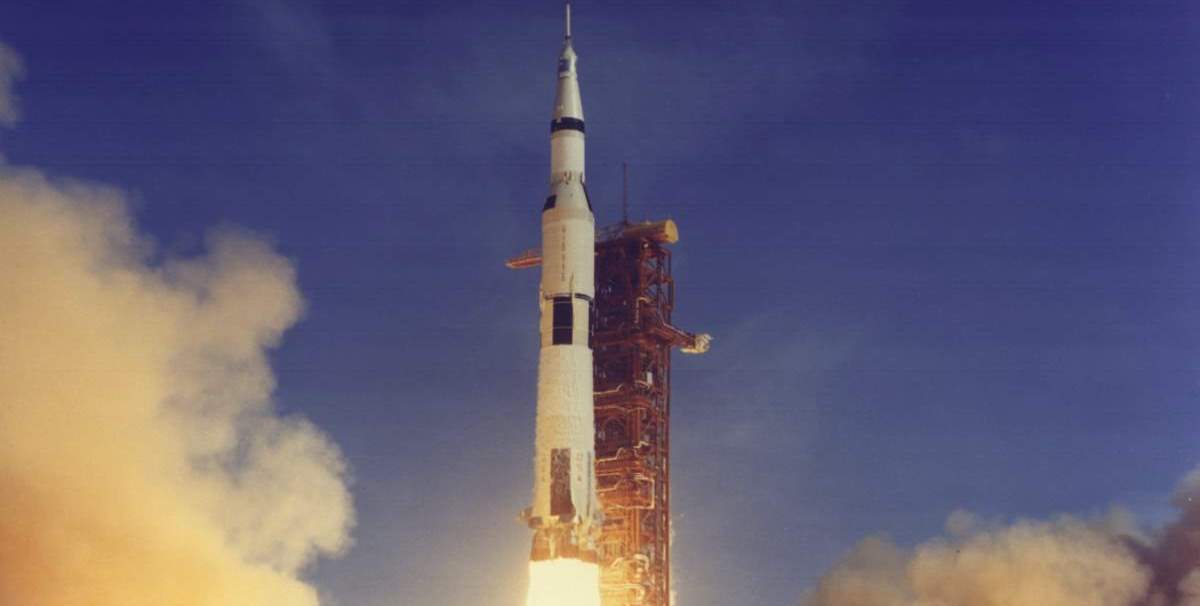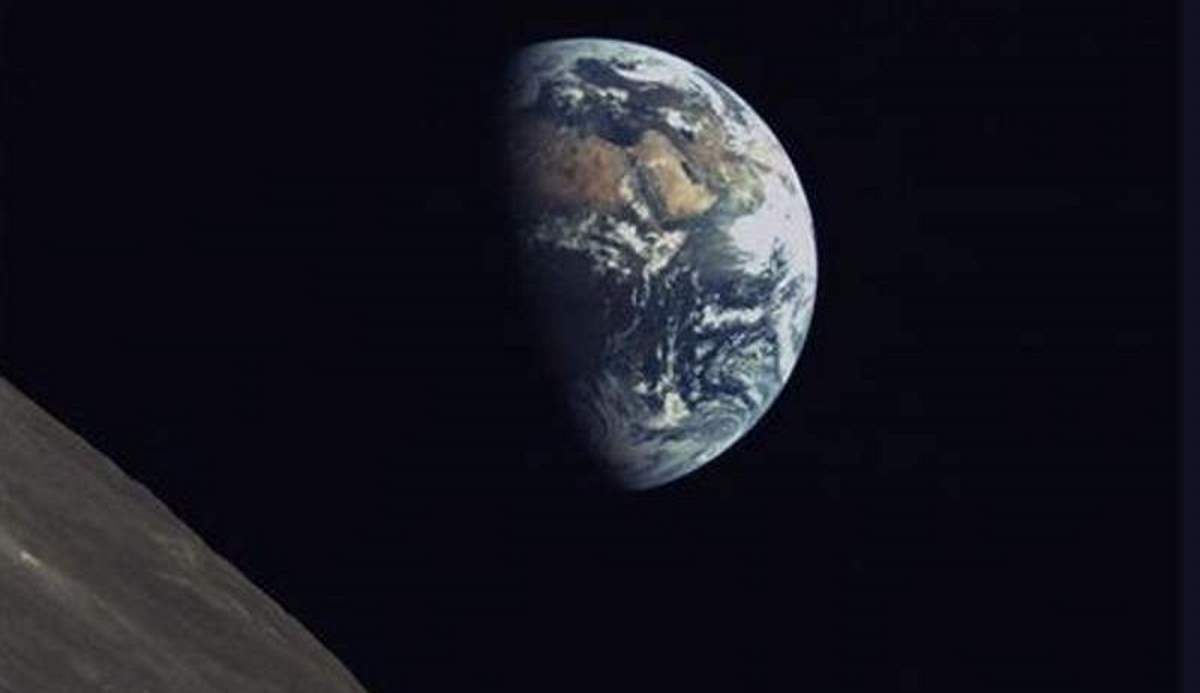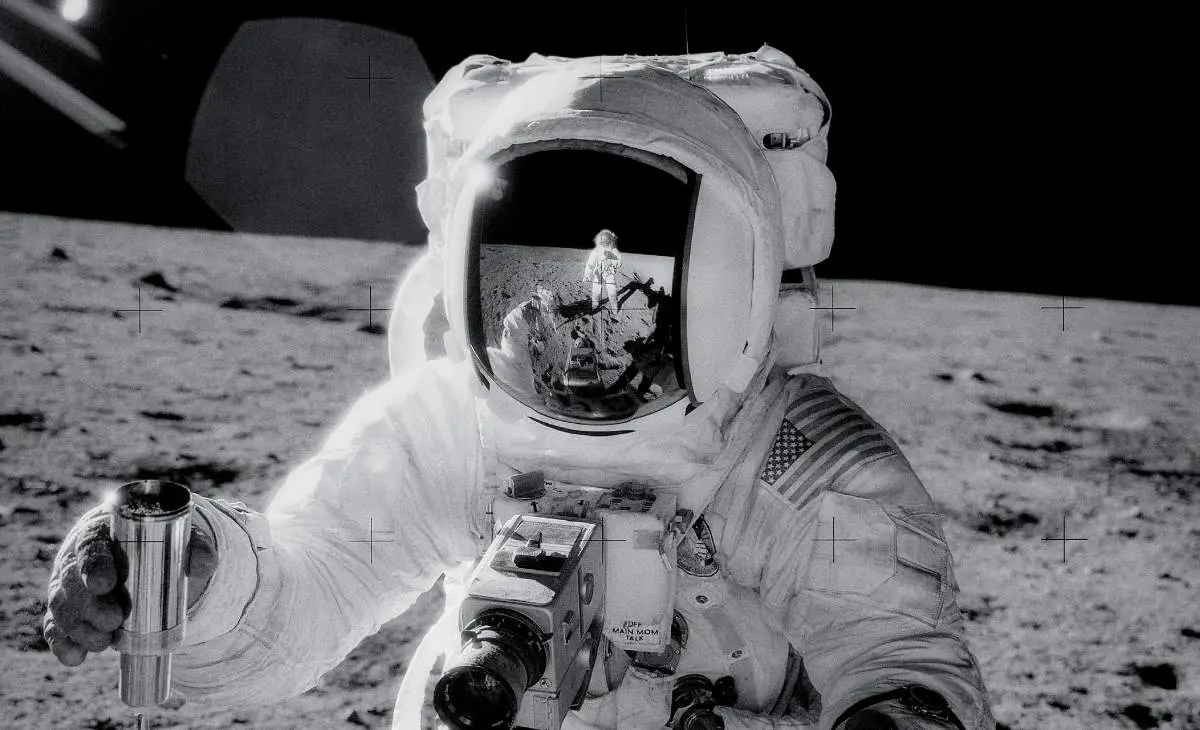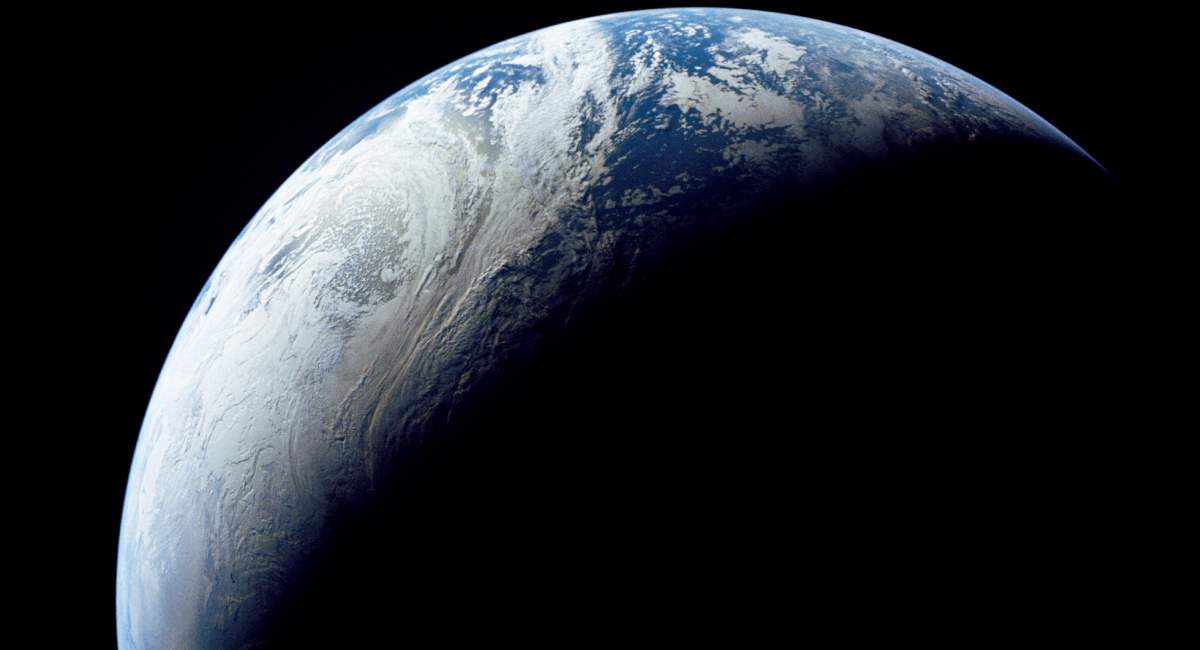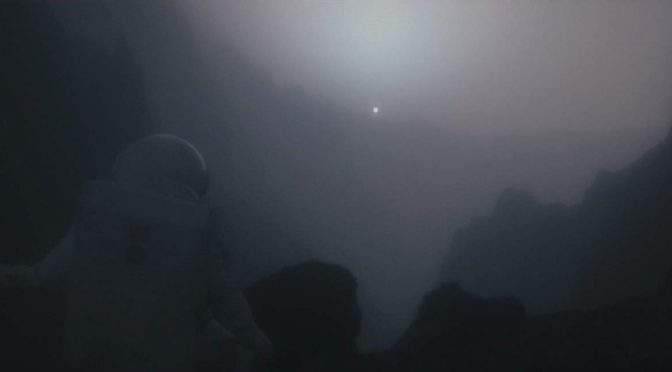On September 17, 1962, Neil Armstrong’s parents, Stephen Koenig Armstrong and Viola Louise Engel Armstrong joined “I’ve Got a Secret”, a panel game show produced by Mark Goodson and Bill Todman for CBS television. They had a “secret” that their son just became an astronaut for NASA on that day, one of the nine newly chosen men for future space missions.
Mr. and Mrs. Armstrong whispers to the Host Garry Moore’s ears their secret: “Our Son became an astronaut today”.
A few minutes later, Moore asks an incredible question: “Now, how would you feel, Mrs. Armstrong, if it turned out – of course, nobody knows – but if it turns out that your son is the first man to land on the moon? What, how do, how would you feel?” He asks this nearly seven years before it actually happened on July 20, 1969! Neil’s mother’s reply is priceless, “Well, guess I’d just say god bless him and I wish him the best of all good luck.”
